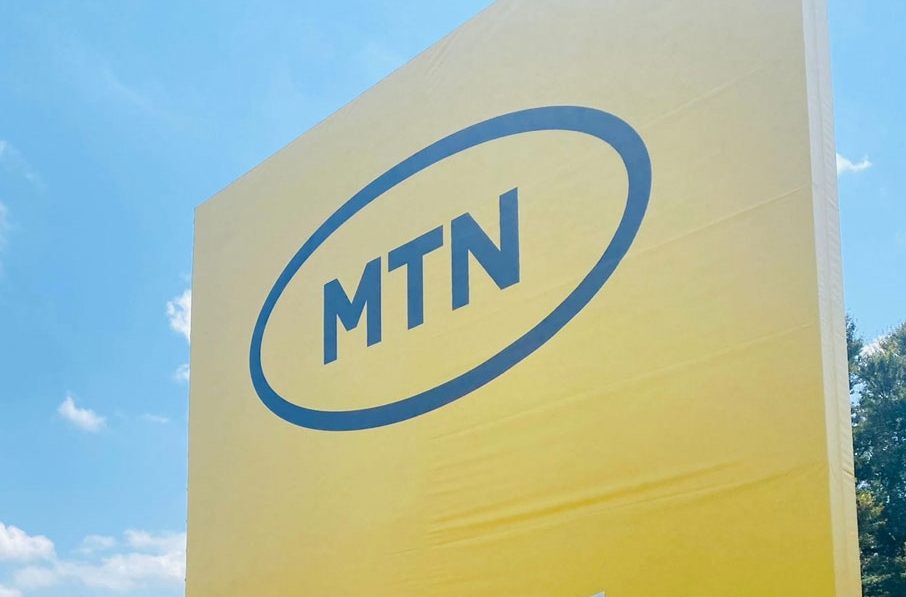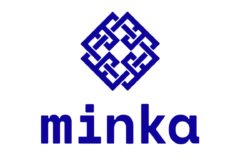API fintech startup, Stitch, has launched in Nigeria with a new payments solution, Stitch Payments. The launch, which took place in late October, comes just eight months after the startup emerged from stealth with an initial $4 million seed round, and recently with an extended seed round of $2 million—bringing their total seed funding to $6 million.
In February, when Stitch officially launched, it released a data product that enables developers to connect their apps to users’ financial accounts, so users could share financial information including transaction history and balances and account details, for KYC and onboarding, affordability and qualification checks, and to inform targeted product offerings.
In a blog post announcing the startup’s entry into Nigeria, co-founder and CEO of Stitch, Kiaan Pillay, writes that, through APIs, they “aim to dramatically reduce the challenges that come with building across African geographies” and also prove that fintech solutions in Africa can scale despite differences across markets, including financial institutions, currencies and regulatory environments.
Pillay’s statement is in line with the startup’s vision to interconnect Africa’s financial infrastructure, which Stitch’s Head of Marketing and Communications, Thea Sokolowski, describes as “stitching together different financial ecosystems”. Pillay bases this vision on what he calls a “financial graph”—a mapping of people and businesses on the continent in order to effectively build for them infrastructure that interoperates across regions, providers, banks, and other types of financial accounts. With the solution provided by Stitch Payments, businesses can write code once, launch in multiple markets, and scale faster.
New country, new experiences
At 250 startups and counting, Nigeria is home to one of the most vibrant fintech ecosystems in Africa. Between 2014 and 2019, the sector raised a total of $600 million in funding, and in 2020 alone, that figure was $439 million.
The country’s dense population is also a magnet for businesses looking to capture a large customer base, even as purchasing power among its citizenry remains abysmally low.
In a call with TechCabal, Benjamin Dada, Country Manager for Stitch, explains why the startup is making a play for the Nigerian market: “When you think of fintech in Africa, you’re thinking of four key markets—Nigeria, Kenya, Egypt, and South Africa. It’s either you start in any of these markets, or at some point, expand into them. Nigeria is a great market for testing new and innovative solutions; and if we get it right here, we can build the next stage of open banking startups anywhere else on the continent.”
Speaking on Nigeria’s fraught regulatory landscape, Pillay says dealing with Nigerian banks—compared to South African ones—has been straightforward so far as financial institutions in the West African country are quicker to test their product, offer feedback and make adoption decisions.
Dada agreed with this observation but added that, in South Africa, regulatory responsibilities are spread out among various government bodies, whereas in Nigeria, all regulations regarding banking, finance and payments are handled by the country’s Central Bank.
Looking ahead
Since launching in February, in South Africa, Stitch has grown its data volumes by over 40%, month-on-month, and is on track to facilitate $10 million worth of monthly payments on its platform by the end of the year.
Now in Nigeria, the payments solution is already integrated with five banks in the country—in addition to those in South Africa. And as part of efforts to establish a foothold in the new market, its customers in Nigeria will be offered free early access to the platform until the end of 2021.






















